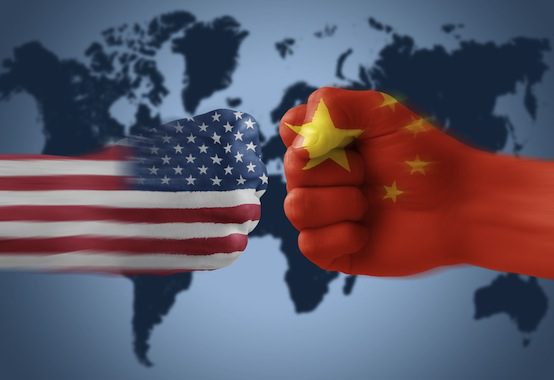Hawkish Blind Spots and the Danger of Provoking China

Michael Swaine explains why the U.S. shouldn’t repudiate its “one China” policy:
The problem with this argument is that it is based on a fantasy recognized by countless past U.S. political leaders and policy experts: that China’s leaders would not regard an obvious American attempt to permanently separate Taiwan from mainland China as a fundamental, existential threat to the Chinese government and China’s domestic stability, inevitably requiring the use of all means necessary to prevent it, including military force. China will fight back. An examination of this issue by countless numbers of China specialists and foreign policy analysts over many decades has confirmed Chinese resolve on this matter over and over. Indeed, it is highly likely that Beijing would attempt to use force to prevent Taiwan’s permanent separation from China even if it knew it could not succeed [bold mine-DL], because while other Chinese elites and the Chinese public might possibly forgive a failed attempt to prevent independence, they would without question not forgive inaction in the face of what would assuredly be widely viewed in China as a betrayal of a decades-long understanding between Washington and Beijing and an attack on the Chinese nation.
Hawks typically have three very large blind spots when it comes to understanding how other governments will behave in response to provocations: they underestimate how far the other government is willing to go to protect what it considers to be vitally important to them, they assume that the other government will yield to American preferences if they are presented forcefully enough, and they usually fail to recognize that they would respond very negatively to similar provocations from another state. We have seen all three mistakes on display in the debate over Trump’s China provocations.
If the American and Chinese positions were reversed, the same hawks that celebrate Trump for “boldness” would be outraged by the other state’s blatant interference in what we consider to be our affairs. If the incoming leader of another government suggested that we might be willing to trade away something we consider to be non-negotiable, the same hawks would be the first to reject the idea as shameful appeasement. The point that hawks usually miss is that other states have their own hard-liners that are just as prone to insist on the importance of “resolve” in the face of foreign challenges and are just as likely to overreact to provocations as they are. Especially when it touches on something that those hard-liners consider to be a core national interest, we should expect a very negative and severe reaction.
As Ted Galen Carpenter points out, the Taiwan issue isn’t like any other issue for Beijing:
To most Chinese, Taiwan is about more than a control over a strategic and economic asset—although those aspects are important to Beijing too. But Taiwan lies at the core of a Chinese identity that remains bruised from China’s treatment at the hands of the West (and Japan) in the nineteenth and early twentieth centuries.
Post-Cold War U.S. foreign policy has suffered greatly from our policymakers’ recurring failure to take the nationalism of other countries as seriously as they should have. Underestimating the importance of Chinese nationalism as it relates to this issue in particular would be one of the worst and most dangerous failure yet.
Comments